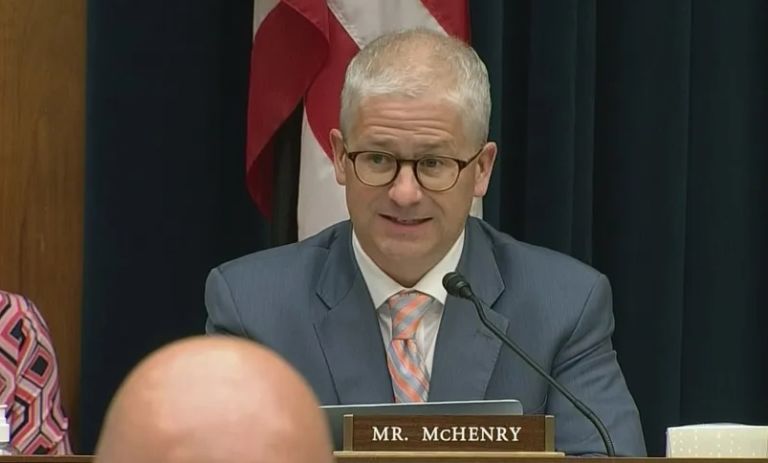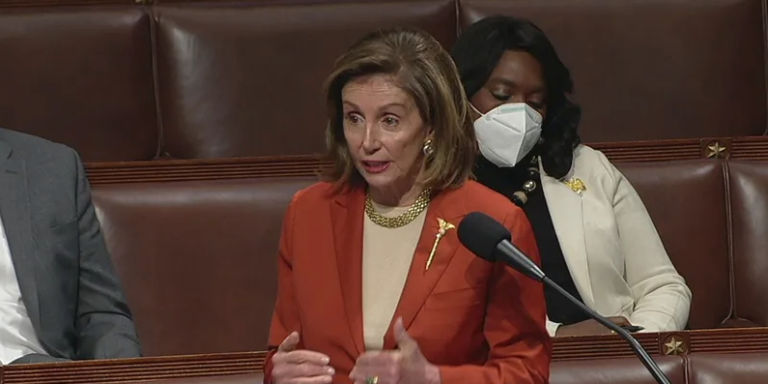The infrastructure bill (H.R. 3684), passed by the U.S. Senate with bipartisan support on August 10, expands government power, puts America into more debt and sets the stage for a dangerous $3.5 trillion spending spree. The $3.5 trillion plan passed the Senate the next day, on August 11, though this time on a party-line vote. The U.S. House is up next and may vote on the latter plan as early as this week.
The Congressional Budget Office projects that the infrastructure bill alone will add $256 billion to the national debt, which already stands at an absurd $29 trillion. Inflation, caused by massive money printing to finance the debt, is already a real concern, harming the poor most.
Irresponsible bailouts also weigh down this bloated bill. For example, it would spend $118 billion to bail out the Highway Trust Fund instead of holding the exorbitant organization accountable.
The infrastructure bill spends comparable amounts on mass transit and Amtrak as for highways that carry significantly more travel. The government claws its way into the private sector using this bill with $138 billion in “subsidies, mandates, and government-operated enterprises competing with private providers” according to a Heritage Foundation report. The bill also includes ghastly corporate welfare to favored green companies, disincentivizing innovation, and putting China at an energy advantage.
The bill does have new spending on roads, internet, and some worthwhile projects (though often the responsibility of states or localities). However, the House, in particular Speaker Nancy Pelosi, does not intend to allow the bill to reach the president’s desk unless the egregious, $3.5 trillion budget bill – the embodiment of Biden’s reckless economic agenda – is passed along with it.
The $3.5 trillion budget plan is the largest tax and spending bill in history. It would increase taxes on businesses and investments. Biden says taxes would be exclusively on businesses and the rich, but taxing business hurts all Americans – especially working-class Americans as businesses will have less money to pay employees. Instead, lower wages and overseas investment would result.
The budget plan would move us closer to complete government-run health care through Medicare expansion, provide a pathway to amnesty for illegal immigrants, and devalue education by providing two free years of community college in addition to universal pre-K.
House Democrats are divided on strategy for passing the bills, however. House Speaker Nancy Pelosi has expressed her desire to package the two bills together, while several moderate Democrats prefer to quickly pass the infrastructure bill now and address the larger budget plan later.
The infrastructure bill, and the massive spending package bundled with it, are not reasonable pieces of legislation. Instead, they give taxpayer dollars to far-left schemes, expand the role of government, and heedlessly add to our debt.


